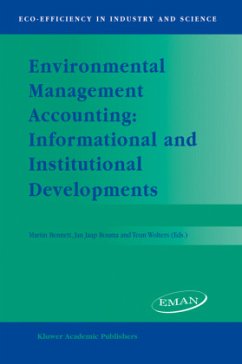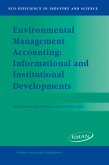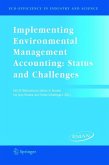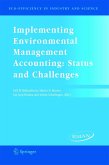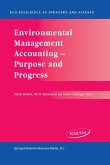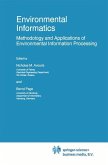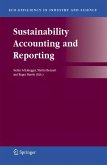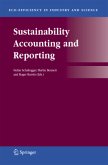Environmental Management Accounting (EMA) is increasingly recognised as a distinguished tool of environmental management. It helps to integrate a company's environmental and business interests, whereby enhancing corporate eco-efficiency in terms of reducing environmental costs or making one's product more competitive.
This book gives a comprehensive coverage of the state of the art. It presents a number of EMA frameworks that companies can take as a basis for implementing their own specific EMA structures. Besides discussing environmental accounting issues within conventional management accounting, it gives a detailed picture of materials flow (cost) accounting as an alternative way of looking at the ecology-economy relationships at the corporate level. A fascinating case study shows how a large company (Siemens) applies materials flow accounting and what benefits it entails.
Hinweis: Dieser Artikel kann nur an eine deutsche Lieferadresse ausgeliefert werden.
This book gives a comprehensive coverage of the state of the art. It presents a number of EMA frameworks that companies can take as a basis for implementing their own specific EMA structures. Besides discussing environmental accounting issues within conventional management accounting, it gives a detailed picture of materials flow (cost) accounting as an alternative way of looking at the ecology-economy relationships at the corporate level. A fascinating case study shows how a large company (Siemens) applies materials flow accounting and what benefits it entails.
Hinweis: Dieser Artikel kann nur an eine deutsche Lieferadresse ausgeliefert werden.
"As contributions in this volume come not only from researchers but also from the industry and governmental organizations, the text is very rich in terms of references to real cases and authenticity, but occasionally at the cost of congruence and harmony. Having said that, I would recommend this book to anyone interested in environmental accounting. I would also suggest to read this book keeping a critical eye on EMA, as some of the authors do."
(European Accounting Review, 13:1 (2004)
(European Accounting Review, 13:1 (2004)

